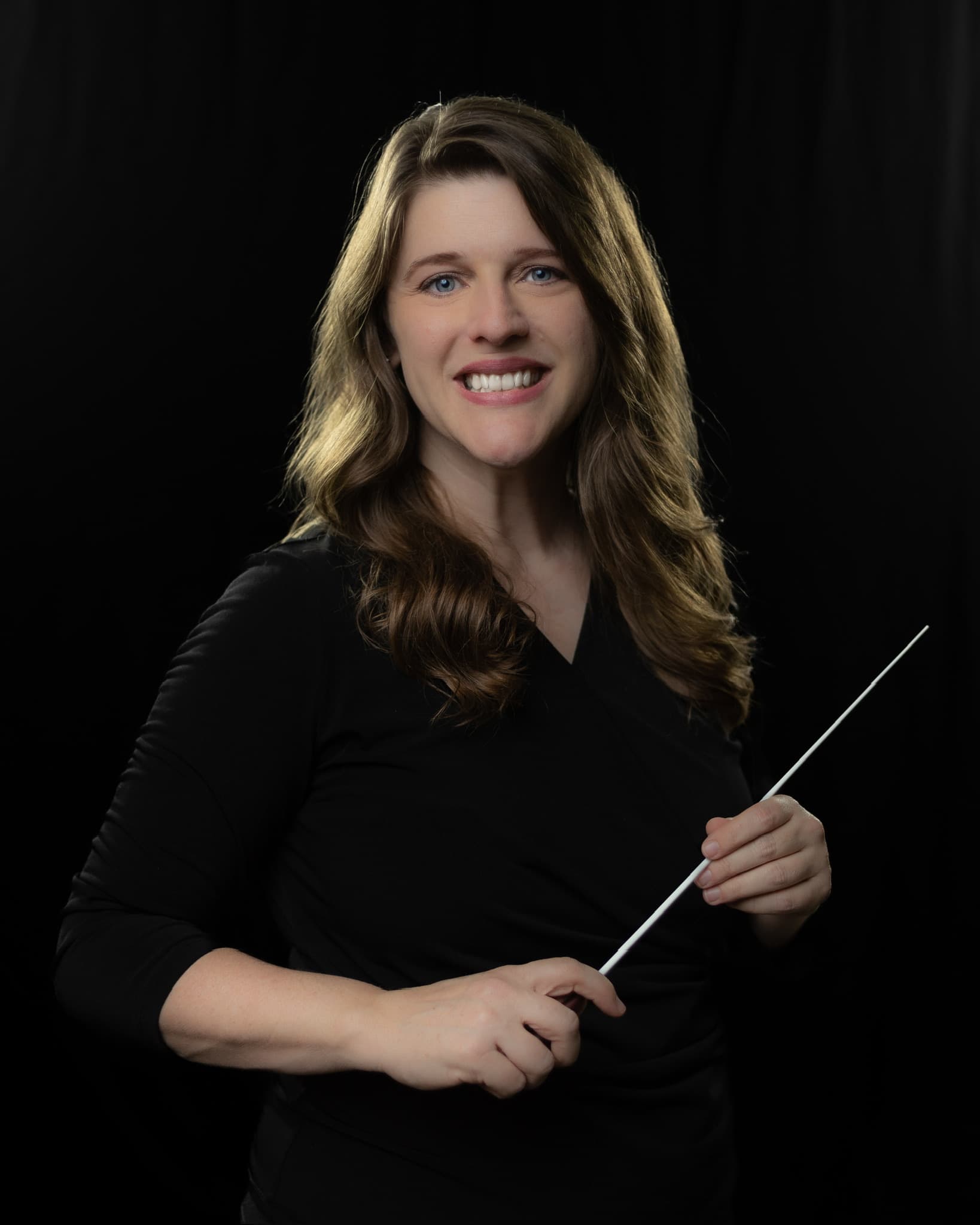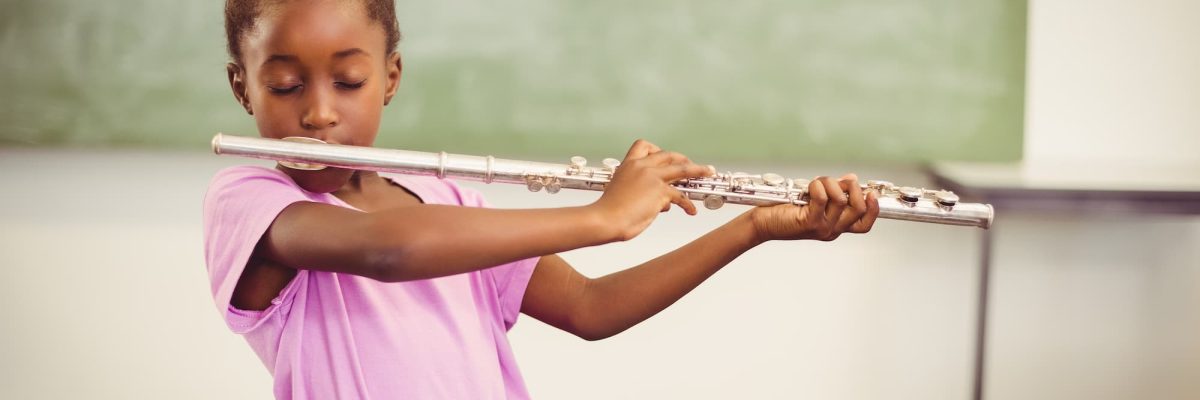While many parents choose to introduce their children to the world of music at a young age, many may wonder, “What is the best age at which to begin formal music lessons?” There are several factors to consider when making this decision. While there is no specific age for all children, there are some significant factors to identify to know that a child is ready. Specific cognitive development and physical abilities are necessary for music education as well as individual interests in music. The benefits of starting music lessons at a young age can positively impact a child’s overall development if it is carefully planned and implemented.
Factors to Consider When Starting Music Lessons
One crucial factor that must be considered before starting music lessons is the child’s age. While no specific age is deemed “perfect” at which to begin music lessons, the general recommendation is around five or six years old. By this point, most children have developed enough physical coordination and cognitive ability to start learning an instrument. They are also more likely to have the attention span and motivation to practice and progress at a healthy pace.
Another factor to consider is the child’s interest and enthusiasm for music. If a child shows a genuine interest in music at a young age, starting earlier may be beneficial. However, it is important to note that forcing a child into music lessons before they are ready or interested may lead to frustration and lack of progress. It is essential to gauge the child’s readiness and willingness to learn music before making this decision.
While these are both good measuring parameters, keep in mind that each child is unique, and his readiness should be assessed individually. A music professional, like the teachers here at Lakeside School of Music, can help parents to make an informed decision. By doing so, the child will be perfectly set up for a successful and enjoyable musical journey. We always offer a FREE “Meet and Greet” lesson to help parents make these types of decisions.
Cognitive Development and Music Education
Starting music lessons at a young age can have significant benefits on cognitive development. Engaging in music education enhances memory, attention span, and overall cognitive functioning. It stimulates various areas of the brain to promote neural connections and to improve spatial-temporal skills, helpful in many other facets of life. The focus necessary for learning music helps to bolster the overall ability to concentrate, process, and remember musical notes and patterns. This focus also helps build mathematical reasoning and problem-solving skills. These all are transferable to other areas of life such as academic performance. Therefore, it is never too early to start music lessons, as the cognitive benefits can have a lifelong impact.
Physical Abilities and Musical Instrument Selection
Exploring different musical instruments can help children discover the physical abilities required for each instrument. When choosing an instrument, it is important to consider the physical development of the child. A young child may not have the strength to play large, cumbersome instruments like the tuba or upright bass. Brass and other wind instruments such as trumpet or saxophone require significant lung strength. Fine motor skills and good finger dexterity are needed to play the piano, violin, or guitar. Music teachers can give helpful advice to guide the child toward an instrument that is appropriate for his age and development level. Ultimately, starting music lessons at an age when physical abilities align with the requirements of the instrument can ensure a positive experience.
Nurturing Individual Interests in Music
Nurturing individual interests in music involves fostering a genuine passion and curiosity for different genres and styles. Parents can help children experience various types of music by playing different genres of music at home, attending live performances, and introducing them to different instruments. Through this varying musical exposure, a child can develop his own unique tastes and preferences. It is also crucial to support and encourage the child’s individual interests. This can be accomplished through enrolling him in private instrument lessons or in finding a musical program that offers instruction on the instrument of his interest. With this support for his individual interests, a child is more likely to stay engaged and motivated in his music lessons, which can lead to greater progress and long-lasting musical curiosity.
Benefits of Starting Music Lessons at a Young Age
Imagine the joy and endless possibilities that come from immersing yourself in the world of music at a young age, where melodies become constant companions and rhythms guide every step. Starting music lessons at a young age has numerous advantages that can shape a child’s development in profound ways. We have discussed already how impactful early musical instruction can be on the child’s developing brain and physical abilities. The benefits of social development, however, through participation in group lessons, bands, ensembles, and orchestras is that it builds a spirit of teamwork. Group music education fosters a spirit of cooperation and communication, both key pieces in becoming a well-rounded individual. These social interactions not only help a child develop important social skills but also create a sense of belonging and camaraderie among young musicians.
Overall, starting music lessons at a young age offers a multitude of benefits. It enhances cognitive abilities, promotes emotional and social development, and provides a lifelong passion for music. If a young child shows an interest in music, nurturing that interest through music lessons can be a rewarding and enriching experience that will positively impact his life for years to come.
Final Thoughts
In conclusion, determining the best age to start music lessons is an important decision that depends on various factors. It is essential to consider each child’s unique characteristics, interests, and developmental stage. The decision does not have to be alone. The expertise provided by the teachers at Lakeside School of Music can help you make this decision. We offer the first lesson as a complimentary, introductory experience in part to help in making the correct choices in the best interest of the student. By providing a supportive and nurturing environment, a young person can begin his musical journey at the right age, laying a strong foundation for a fulfilling and lifelong relationship with music.

A native of Florida, Cindy grew up with a rich family history of music. Starting with piano at age 9, she added flute and other instruments to her repertoire in junior high. She made all-county band and played piano for her school’s jazz band and show choirs. Throughout her teen years, she also had opportunities to perform in her local community in churches, assisted living facilities, plays, and productions. While pursuing her college degree in education, she traveled as the pianist for a college-sponsored singing group in 48 states over five summers. She has now been teaching music, including instruments and voice, since 1995. She has instructed students of all ages and skill levels, and many of her students from decades past now are teaching their own music students.

